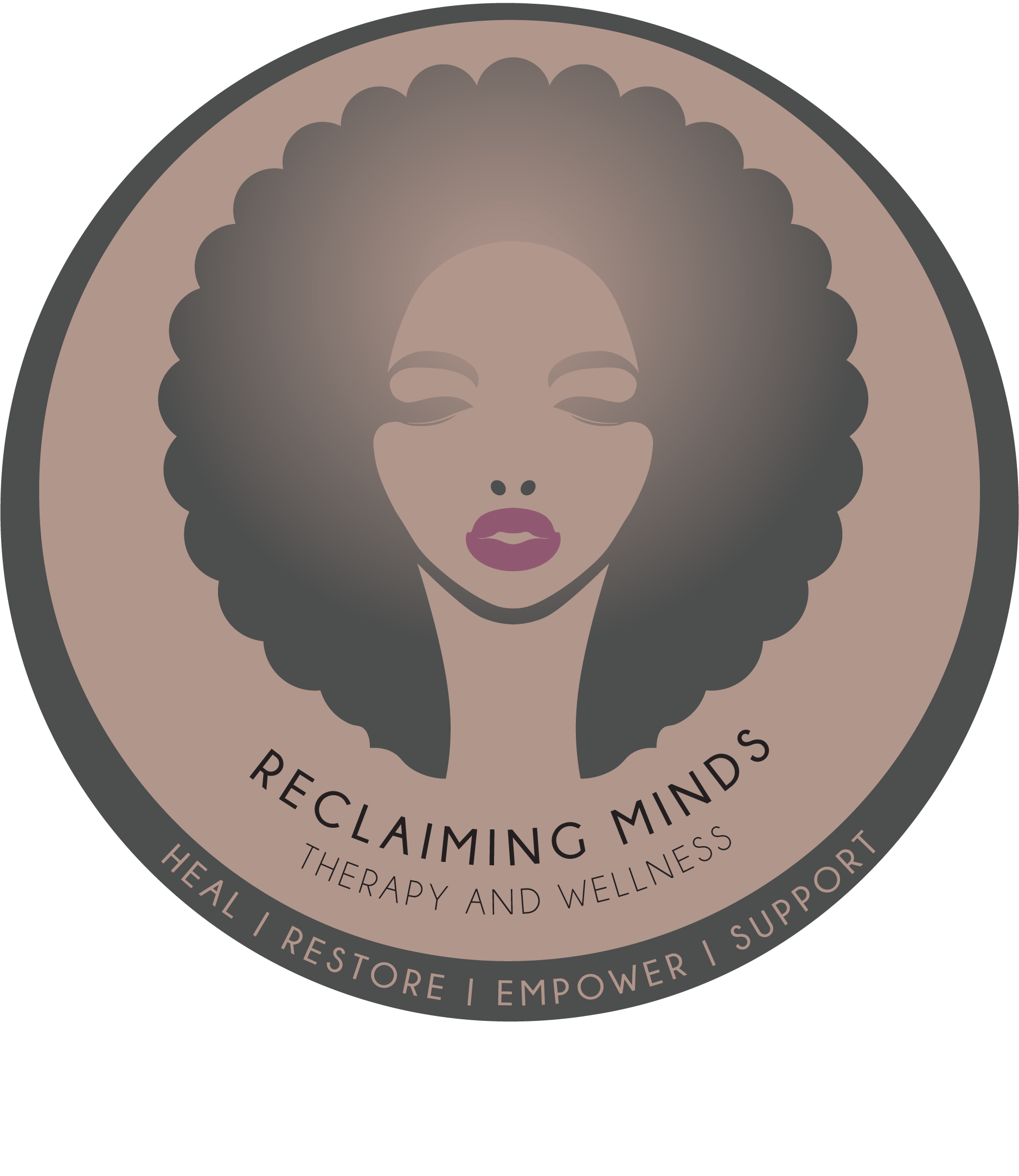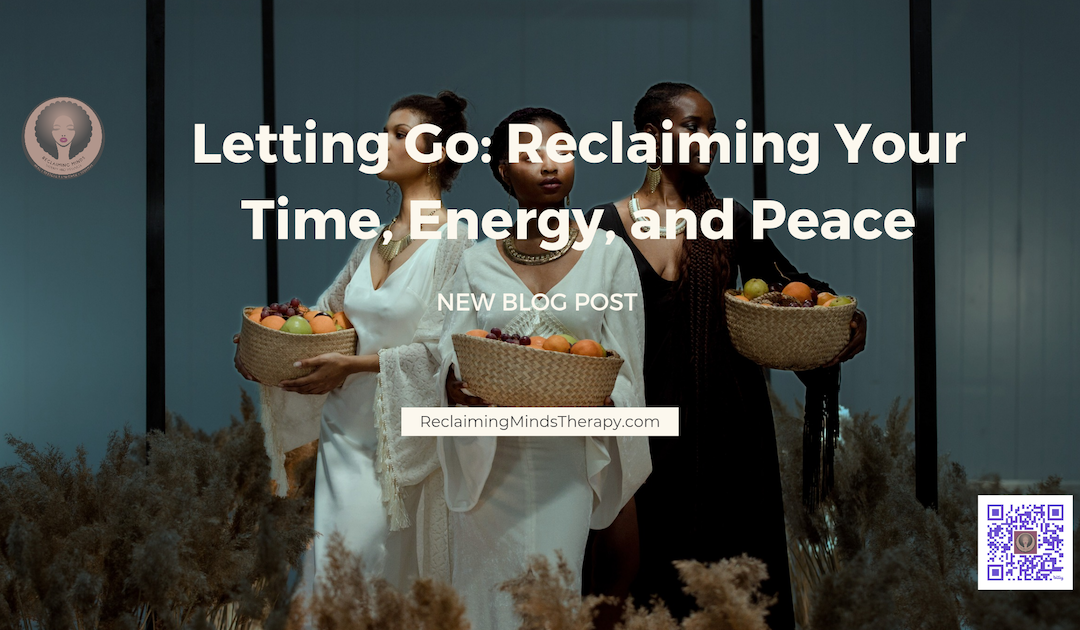We’ve all been there—staying in spaces we’ve outgrown, giving energy to people who take more than they give, holding onto relationships or commitments that feel like obligations rather than sources of nourishment. The idea of walking away lingers in our minds, but something keeps us tethered. We tell ourselves, “Maybe things will change,” or “I just need to be more patient.” But deep down, we know the truth—our time, energy, and peace are being drained.
The fear of letting go is real. It’s complex. It can bring up deep-seated emotions—guilt, grief, uncertainty, or even a sense of failure. But holding onto what no longer serves us comes at a cost: our joy, mental well-being, and ability to step into something better.
So why do we hold on, even when we know we shouldn’t?
The Psychological Hold of What’s Familiar
Our minds crave certainty. Even when a situation is painful, there’s a strange comfort in knowing what to expect. Letting go means stepping into the unknown, and uncertainty can feel terrifying. Many of us would rather endure discomfort than face the unpredictability of change.
Beyond comfort, there are deeper emotional patterns at play:
Conditioning to Prioritize Others Over Ourselves
Many women—especially women of color—have been raised to be nurturers, to hold things together, to be the emotional glue in relationships, families, and workplaces. The idea of choosing ourselves over others can feel foreign or even “selfish.” But self-preservation is not selfishness. Choosing peace is not betrayal.
Hope for Potential vs. Acceptance of Reality
One of the hardest lessons to learn is that we cannot love someone into their best self. We cannot force a toxic work environment to become healthy. We cannot keep bending, over-explaining, and justifying in hopes that things will get better. Holding onto potential keeps us stuck in a cycle of waiting, when what we truly need is to accept what is.
The Weight of Time Invested
“But I’ve put so much time into this…”
Whether it’s a relationship, job, or dream we once had for ourselves, it’s easy to feel like walking away would mean all our effort was for nothing. But time spent is not a reason to keep investing in something that is costing us our peace. Sometimes, the bravest thing we can do is cut our losses and move forward.
The Cost of Holding On
While we hesitate to let go, we often don’t consider what we’re sacrificing by staying in the wrong spaces.
Mental and Emotional Burnout
Constantly trying to make something work that isn’t meant to can lead to exhaustion, anxiety, and even depression. When something isn’t right, it creates an emotional weight that we carry with us everywhere.
Delayed Growth and New Opportunities
Every time we say “yes” to something misaligned, we say “no” to something that could actually be for us. How many doors have remained closed because we were too afraid to release what wasn’t working?
Loss of Self-Trust
Every time we ignore our intuition—our gut feelings—we weaken our ability to trust ourselves. Letting go is not just about releasing something external; it’s about strengthening the internal voice that knows what’s best for us.
How to Reclaim Your Time, Energy, and Peace
Letting go is a process. It doesn’t happen overnight, and it doesn’t always come without grief. But on the other side of release is freedom.
Here’s how to start:
1. Acknowledge the Truth
Be honest with yourself. What is no longer serving you? What have you been forcing, justifying, or tolerating at your own expense? Name it. Own it.
2. Make Peace with the Guilt
Letting go does not mean you are a bad person. It does not mean you “failed.” It means you are choosing yourself in a world that often teaches us to put everyone else first.
3. Trust That You Deserve More
You are not obligated to stay in spaces that harm you, drain you, or make you feel small. You deserve relationships, jobs, and environments that pour into you just as much as you pour into them.
4. Take Small Steps
Letting go doesn’t always mean making drastic changes overnight. Start setting boundaries. Create emotional and physical distance. Prioritize what makes you feel good, rather than what keeps you stuck.
5. Reclaim Your Energy with Purpose
When you remove what drains you, you create space for what restores you. Fill that space with joy, rest, and experiences that affirm your worth.
Letting Go is an Act of Radical Self-Love
Letting go is not just about removing something—it’s about reclaiming your power. It’s a declaration to yourself and the world that you will no longer settle for anything that does not honor your growth and well-being.
So today, ask yourself:
What am I still holding onto that is holding me back?
What could I create, experience, or become if I finally let go?
If this resonates with you, drop ♥ a in the comments. Let’s talk about it.
#ReclaimingMindsTherapy #BoundariesMatter #LettingGo #ProtectYourPeace #SelfWorth #EmotionalWellness #HealingJourney #TherapyForWomenOfColor


Recent Comments